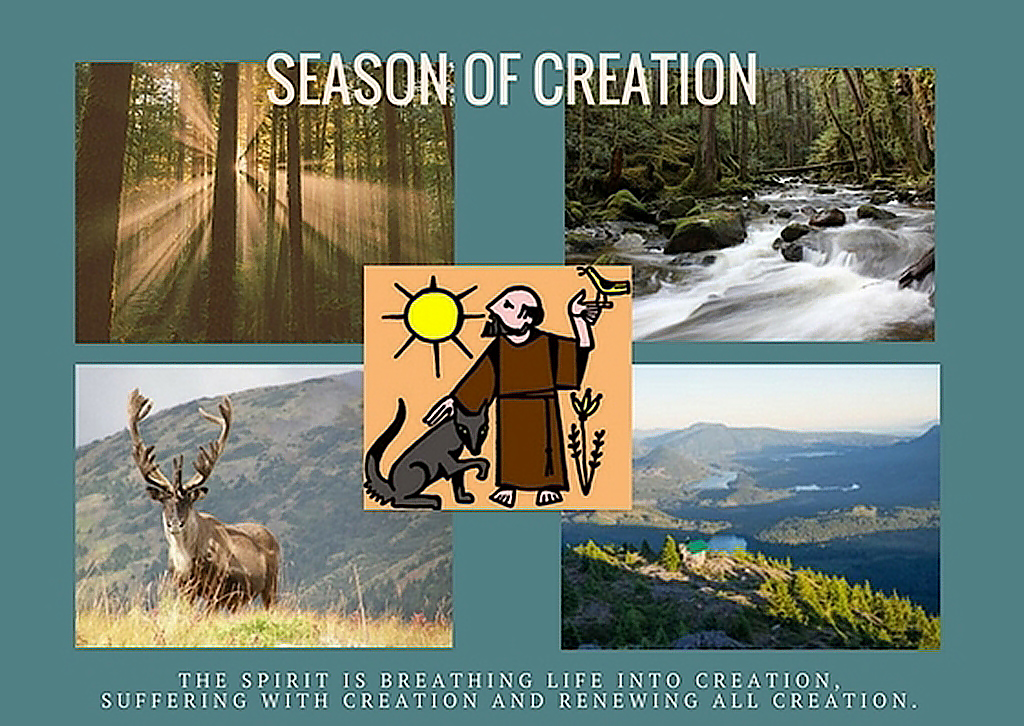 Sixteenth Sunday after Pentecost, Season of Creation 2, Sept. 8
Sixteenth Sunday after Pentecost, Season of Creation 2, Sept. 8

Season of Creation 2, Sept. 8
Lectionary, Sept. 8
Commentary -Lectionary, Sept 8, 2024
Visual Lectionary Vanderbilt, Sept. 8, 2024
The Gospel Story – The Syrophoenician Woman
Episcopal lingo, Part 3 – the Wardens
Holy Cross Day, Sept 14
Week 2, Sept 8 – Focus on Climate Change
Understanding Climate Change
5 areas during the Season of Creation. This week, water
The tipping points of climate change — and where we stand
Summing 2023 progress on climate change
Assessing Climate Change – What’s NOT Working?
From Week 1, Sept 1 – Introduction
Why a Season of Creation ?
What is the Season of Creation ?
The Season of Creation, 2024
Connecting to the Season of Creation
Keys to the Season of Creation
Spritual Reflections on Nature and Humankind

